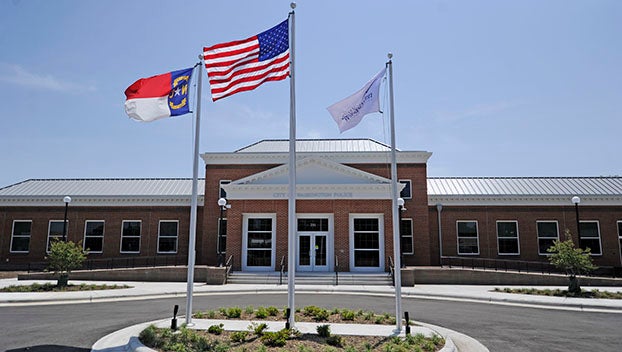City pursues infrastructure grant
Published 7:14 pm Tuesday, March 18, 2014
Although no one spoke during a public hearing on a proposal to seek grant funds to help pay for sewer projects, Washington is pursuing that funding.
The City Council’s meeting Monday lasted about five minutes. It’s not unusual for public hearings on such items not to attract speakers.
Another public hearing on the proposal will be conducted during the council’s meeting this upcoming Monday. In the past with similar grants, a second public hearing was held during which details of proposed projects were presented to the public for comment.
The grant funding would come from the N.C. Department of Environment and Natural Resources’ Division of Water Infrastructure. Last year, the N.C. General Assembly allocated $26 million in federal grant funding to DENR’s infrastructure program.
“The purpose of these funds is to construct public water and sewer infrastructure to mitigate public and environmental health problems in areas where the percentage of low to moderate persons is at least 51 percent,” reads a memorandum from Allen Lewis, the city’s public-works director, to Mayor Mac Hodges and the City Council.
According to Lewis, the grant, if the city gets it, would be used for inflow-and-infiltration projects involving two pump stations, one at the intersection of Bridge and 13th streets and the other at the intersection of Pennsylvania Avenue and Havens Street. Inflow/infiltration is when water from outside sources enters sewer lines (sometimes water line). Inflow/infiltration causes dilution in sewers. That decreases the efficiency and treating sewage and can increase costs to treat sewage.
In the first round of the grant-application schedule, $10 million is available for distribution among projects that are selected for funding. The deadline for the first round of applications is April 1. The second-round ($15 million available) deadline is May 1. The maximum award for any one project is $3 million over a three-year period.
The grants cannot be used to pay for house connections to existing water and/or sewer lines.
“Therefore, the only match required is for projects that extend water or sewer lines to serve homes where there are contaminated or dry wells, or failing septic systems,” reads a grant-program document.






